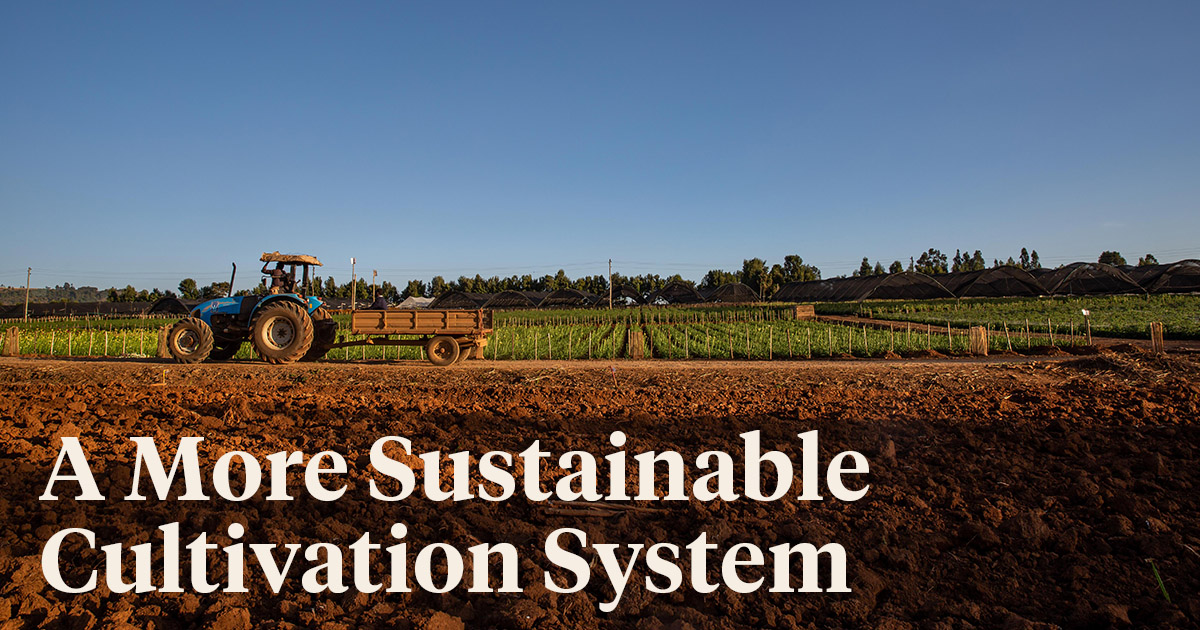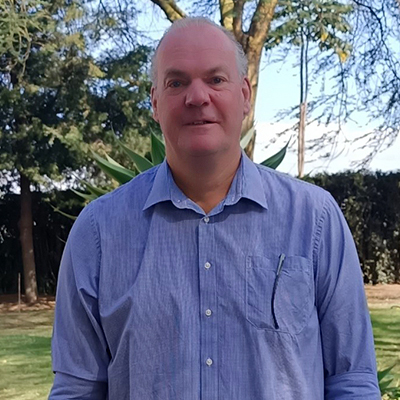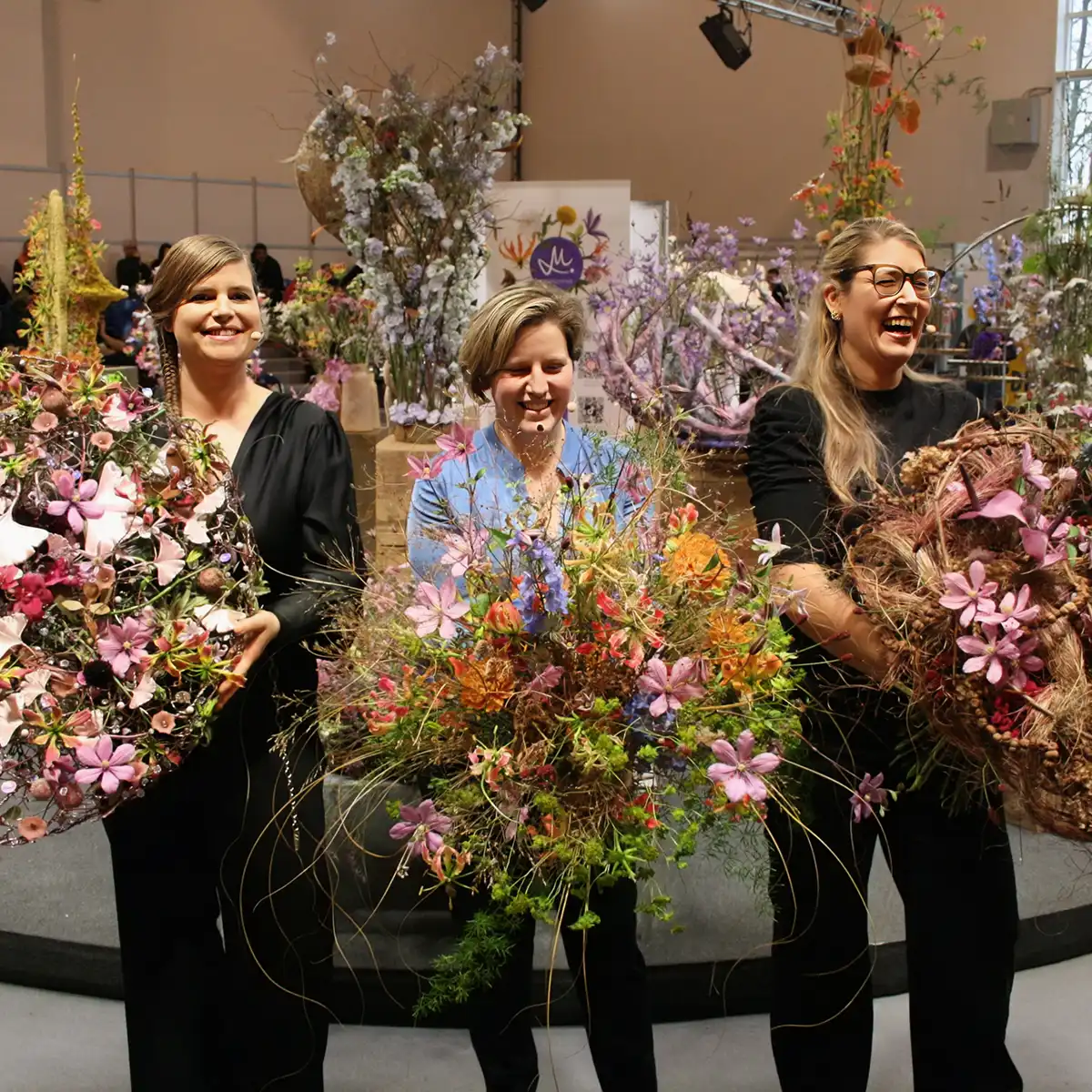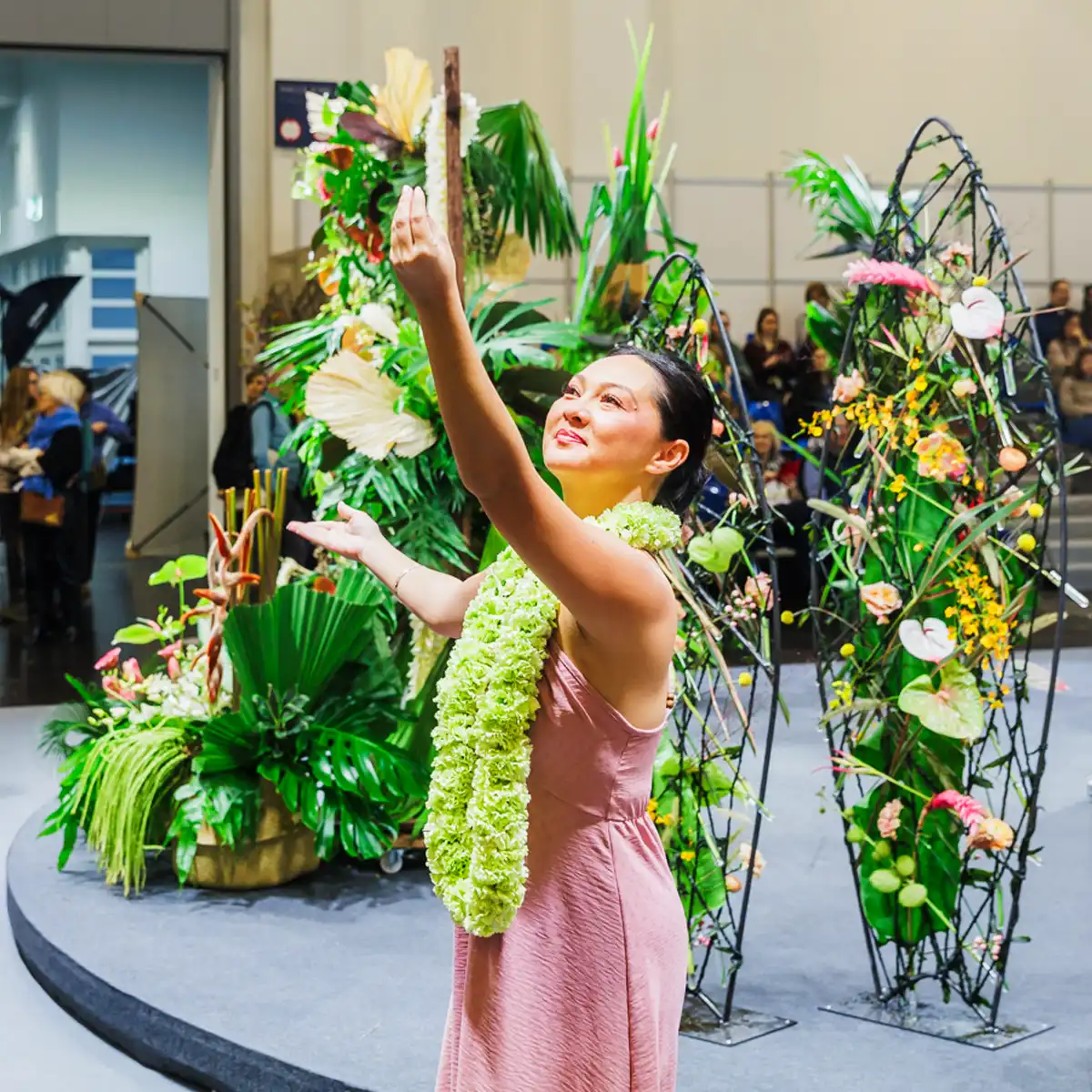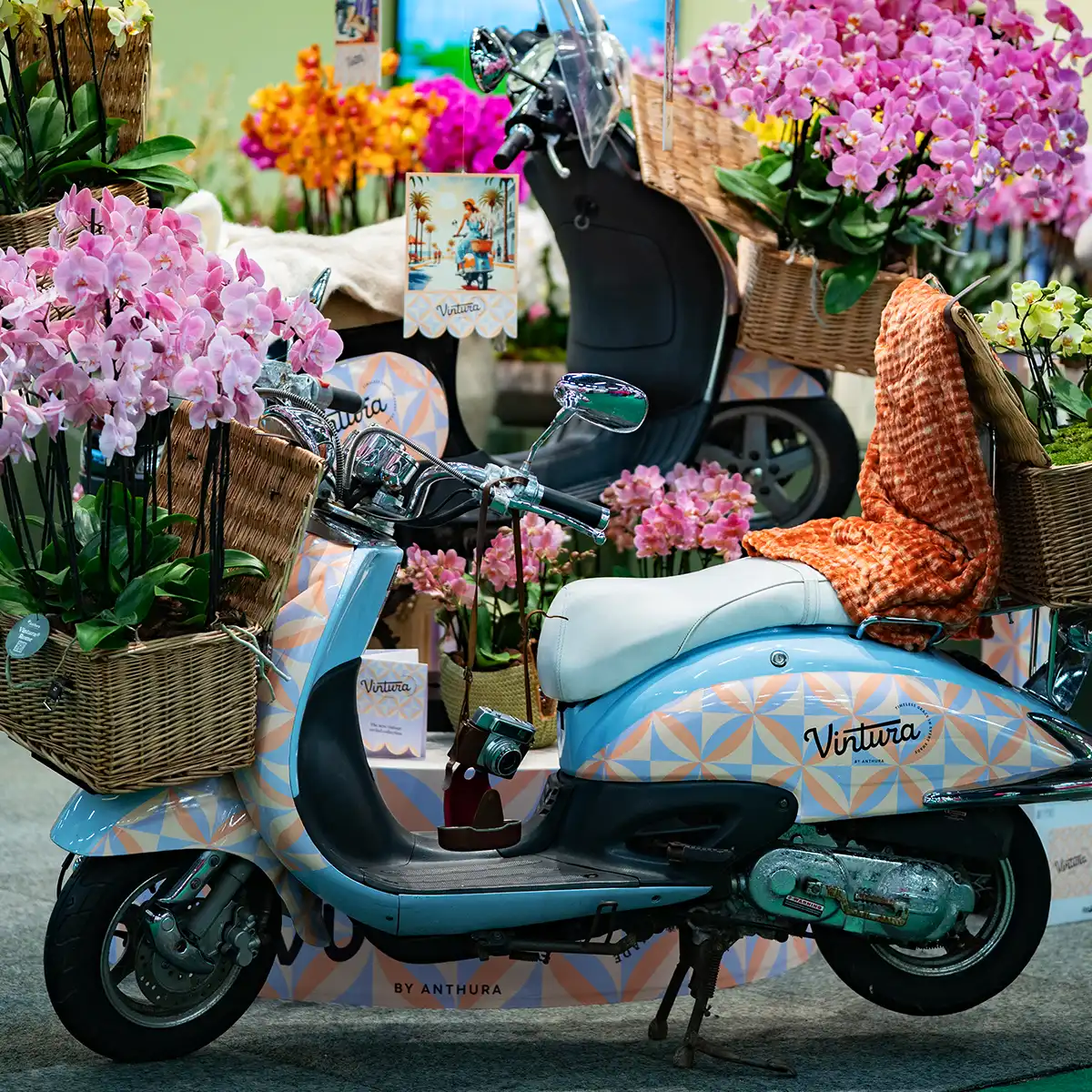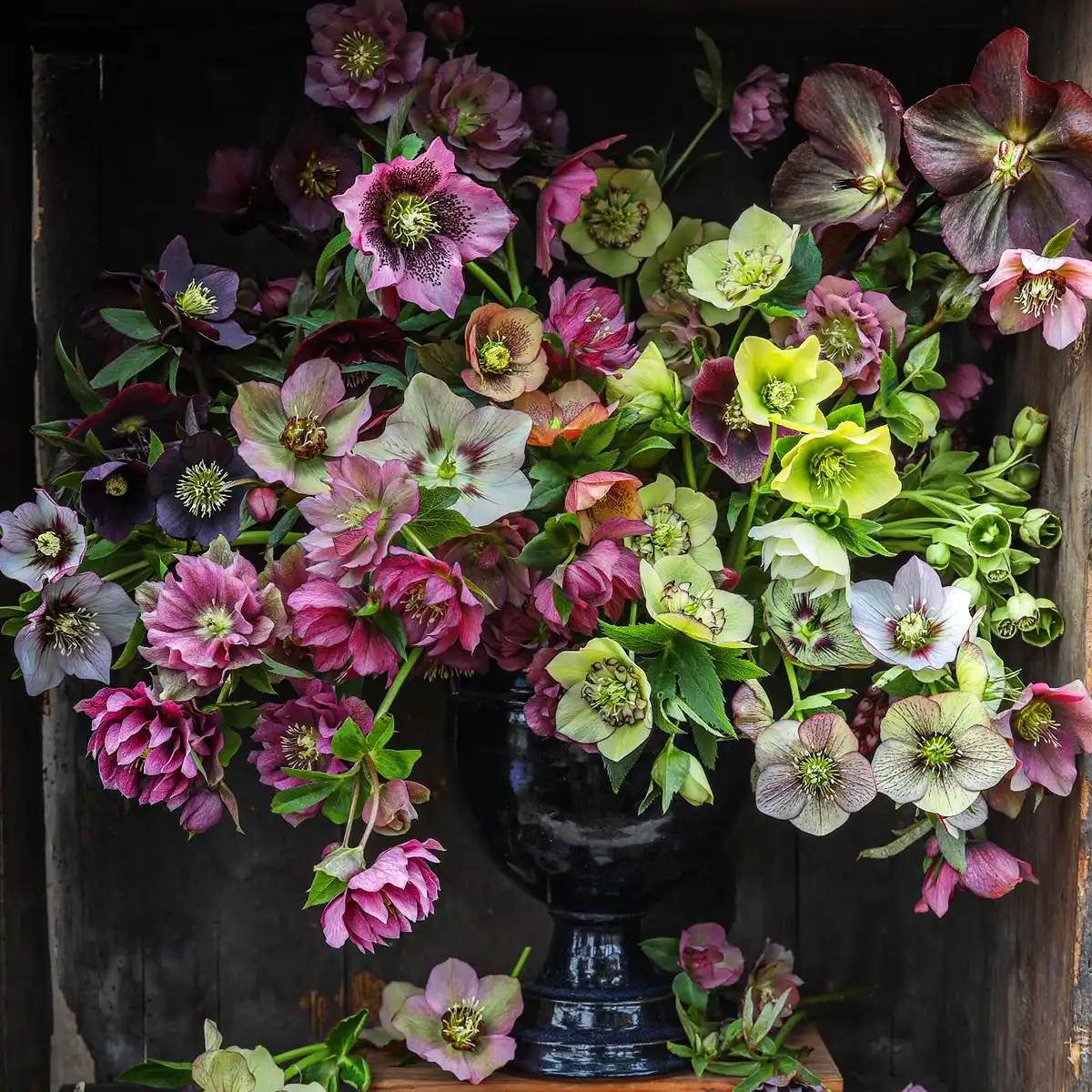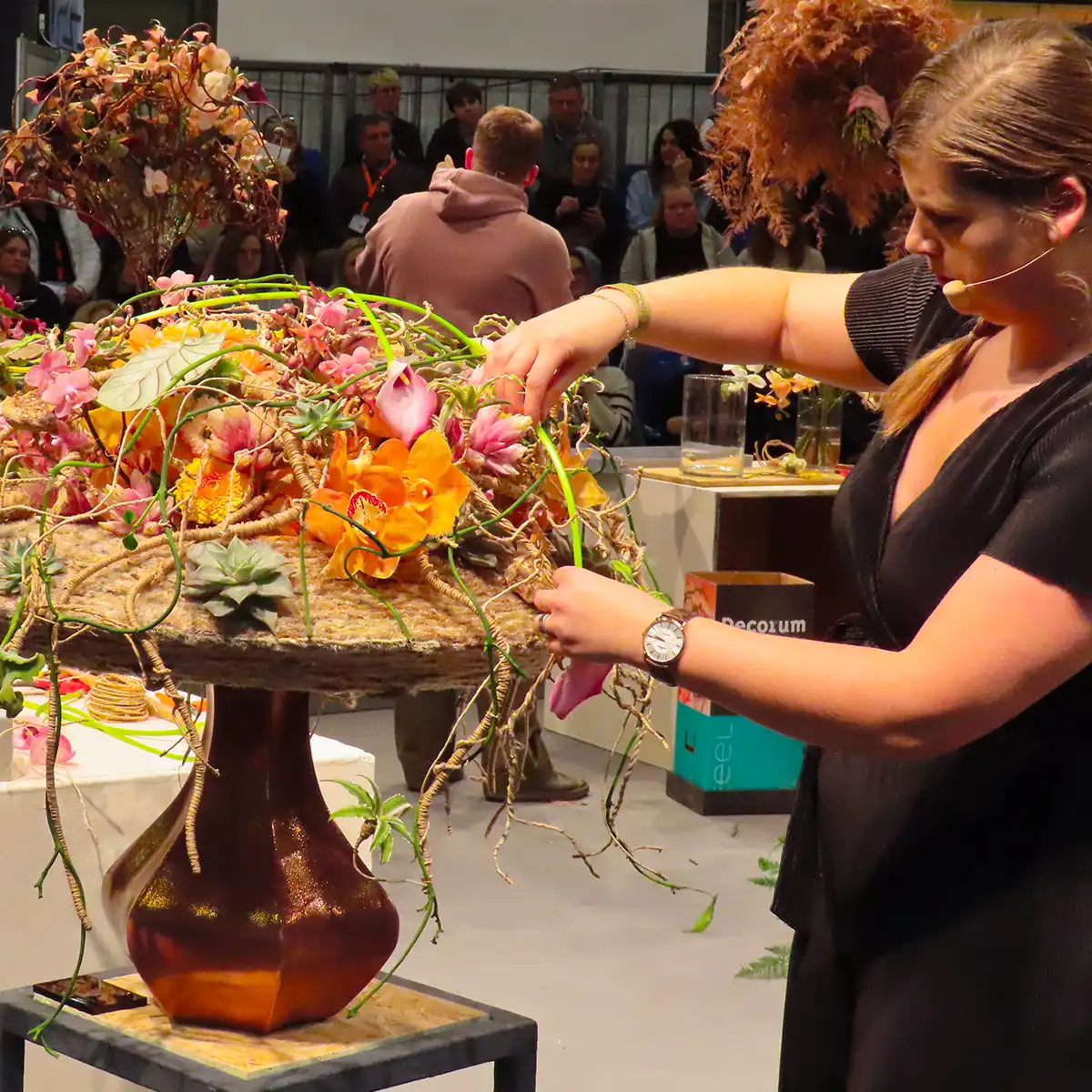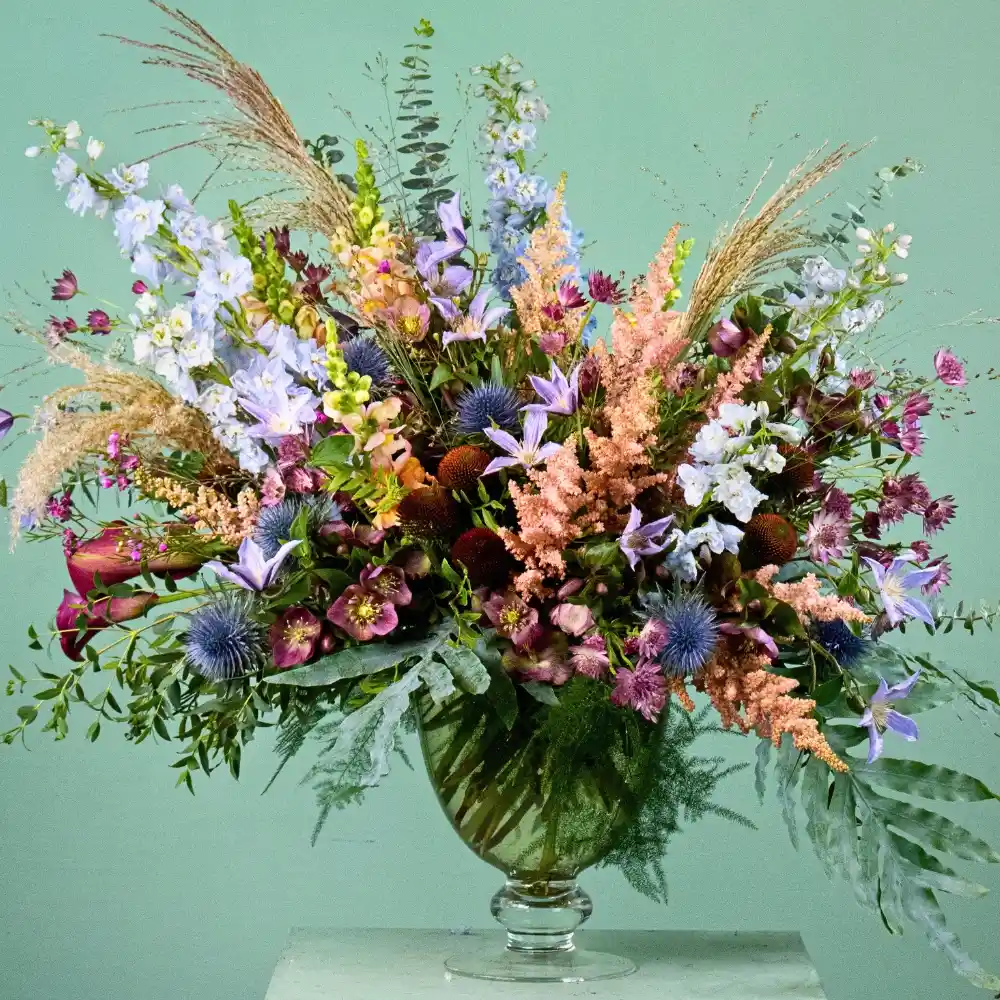Around two years ago, I started to work as an agronomist with the Marginpar group in Kenya. After a proper introduction and visiting all the farms, it became clear to me that the production of quality summer flowers still depended heavily on chemicals. That had to change. Together with the directors, it was decided to develop a five-year strategic plan for agronomy. The primary target was reducing chemical inputs and introducing a more sustainable summer flower production method.
The farms have identified different workstreams: crop protection, fertilization, soil-borne pathogens and nematodes, and planting material.
The first trials started in one of the high-altitude farms in Kenya in 2021, and the first results became available in 2022. Mid-2022, the farm team and I created a Farm Manual based on the positive outcomes of the different trials. The Farm Manual is now standard in all Kenyan and Ethiopian farms. In 2023, the farms started to notice the first promising results of implementing the Farm Manual. Data collection is crucial and continues every week, based on with and without chemical input.
In a series of blogs, of which this is the first one, I’ll present the results of implementing the Farm Manual with a different topic such as soil-borne pathogens, and crop protection.

Management of the Soil-Borne Pathogen
This first contribution will deal with the management of the soil-borne pathogen - an organism that can cause disease.
The Problem
When farms start to realize that plants are dying on the bed the first action will be applying fungicides or nematicides. When this is becoming less effective, the following actions might be implemented: higher concentrations, shorter intervals, and/or mixing of active ingredients (sometimes up to three, four, or even five active ingredients). This cultivation system is not sustainable, and the farms had to make bold decisions.
Within the Marginpar group, we started to search for an alternative and more sustainable cultivation system. However, the first step was to simply stop drenching.

Trails & Errors
After testing different more sustainable cultivation systems, the teams decided to focus on one organic and biological system and a second backup system. It was difficult to determine which product to test and how it fits in the sequence of application of production to obtain the most impact of the product.
After many trials and errors, certain trends became noticeable, and slowly a manual was evolving. This is a living document and methods and sequences of products are still being updated.
Reducing the Stress of the Plant
The main target was to reduce the stress of the plant during and after transplanting. So, the team was looking to stimulate root initiation and later root growth & development. And secondly, strengthen the plant to increase the yield and quality. Finally, manage the population of plant pathogenic fungi and bacteria, preventative and curative.

The Results
Now after almost 18 months, it has been observed that:
- the number of diebacks, slow and stuck plants on the bed has reduced
- one additional stem per plant is harvested during the flush
- 5 to 15 cm stem length has been gained
Furthermore:
- the length of the flush is reduced
- the crop is more even and therefore less labor intensive
- reduction in EC-levels (fertilization levels)
Last week the alternative cultivation system was launched in the field and will now be monitored. When necessary, some fine-tuning will be done. The journey was interesting and challenging but after different training (internal and external), awareness, and onboarding sessions, every Marginpar farm has implemented and embraced the change toward sustainability!
Read more in my second blog Supporting the Biological Life in the Soil!
Want to know more about my job at Marginpar? Read this article about me called 'Cultivating Nature's Marvels'.

